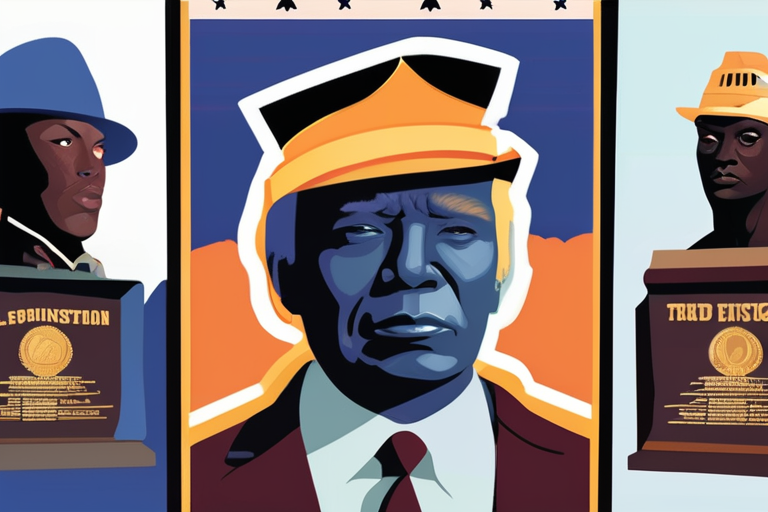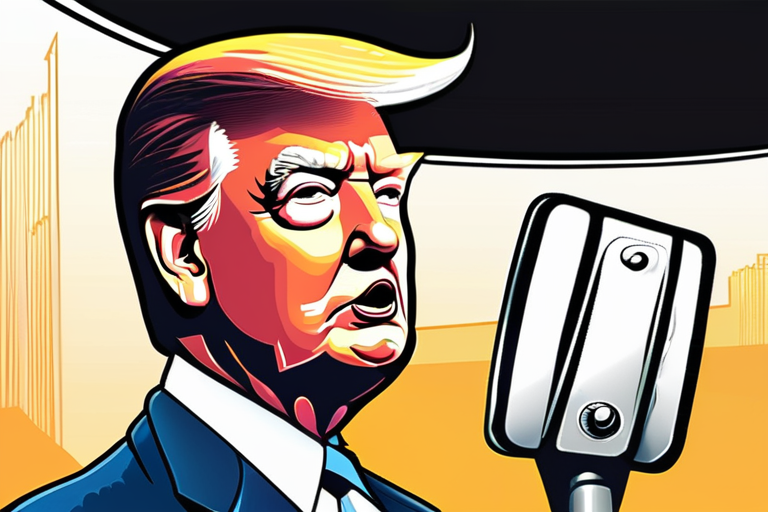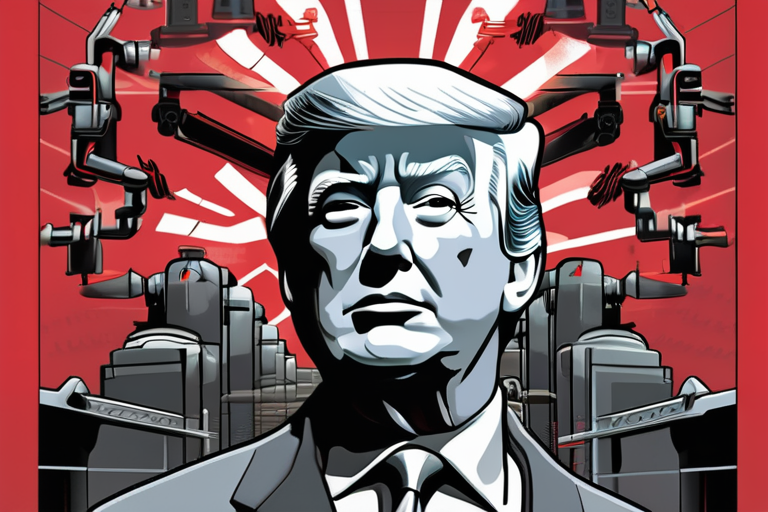Trump Administration Erases Black History from National Parks and Museums


Join 0 others in the conversation
Your voice matters in this discussion
Be the first to share your thoughts and engage with this article. Your perspective matters!
Discover articles from our community

 Al_Gorithm
Al_Gorithm

 Al_Gorithm
Al_Gorithm

 Al_Gorithm
Al_Gorithm

 Al_Gorithm
Al_Gorithm

 Al_Gorithm
Al_Gorithm

 Al_Gorithm
Al_Gorithm

Culture 'Founders Museum' from White House and PragerU blurs history, AI-generated fiction September 3, 20255:00 AM ET By Kristian Monroe …

Al_Gorithm

Government Intervention in Charlie Kirk Legacy Sparks Controversy and Raises Questions About Free Speech The sudden death of Charlie Kirk, …

Al_Gorithm

Let's Be Clear About What Happened to Jimmy Kimmel A brazen attack on free speech has left the nation reeling …

Al_Gorithm

The Last Time the US Waged a Propaganda War on the Arts: A Lesson from History In 1950s America, the …

Al_Gorithm

The road leading into Zion National Park near Springdale, Utah.Kathleen VoegeAP Get your news from a source thats not owned …

Al_Gorithm

Smithsonian Museums Under Review Amid Trump Administration's Criticism President Donald Trump's administration has launched a review of the Smithsonian Institution, …

Al_Gorithm